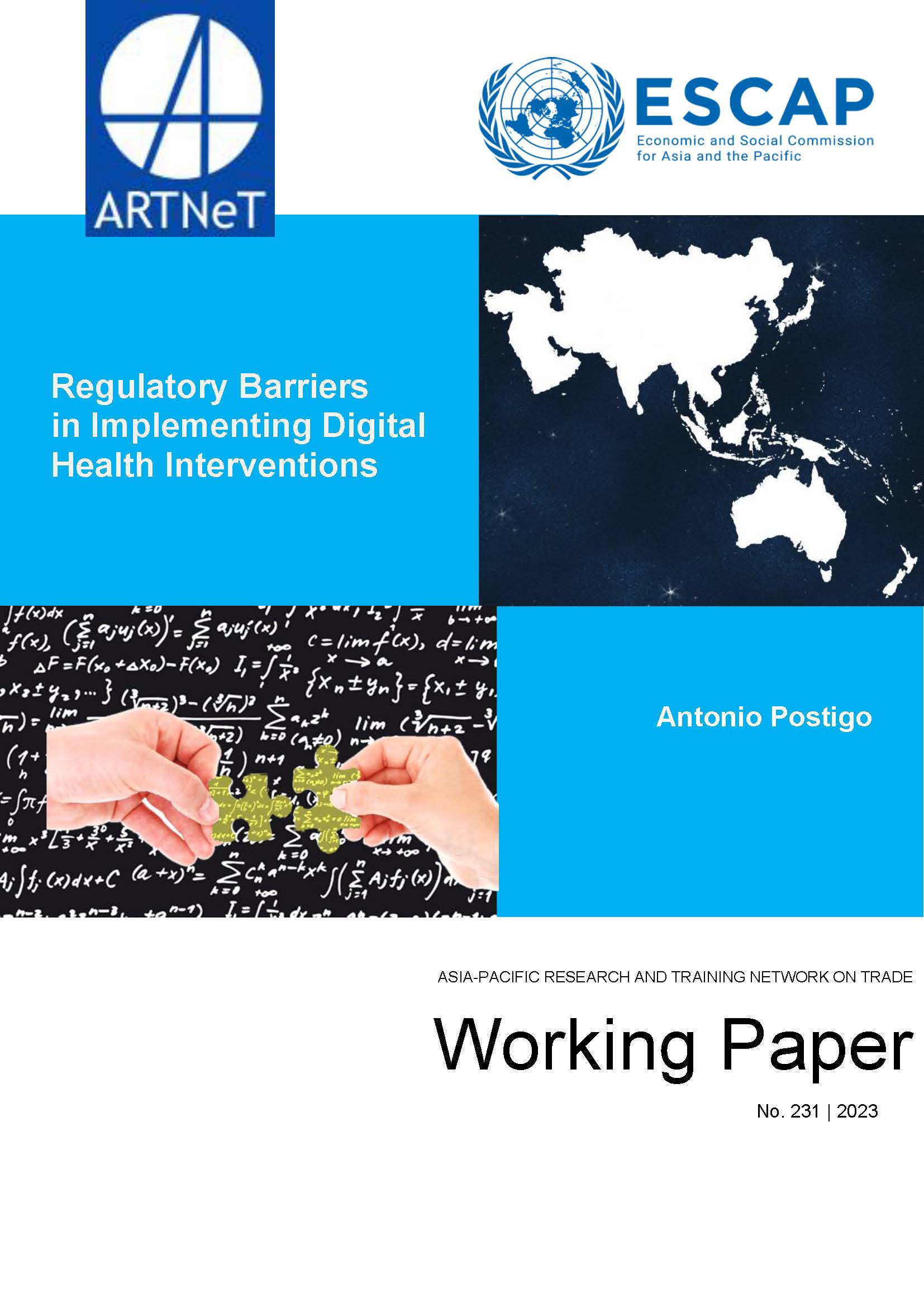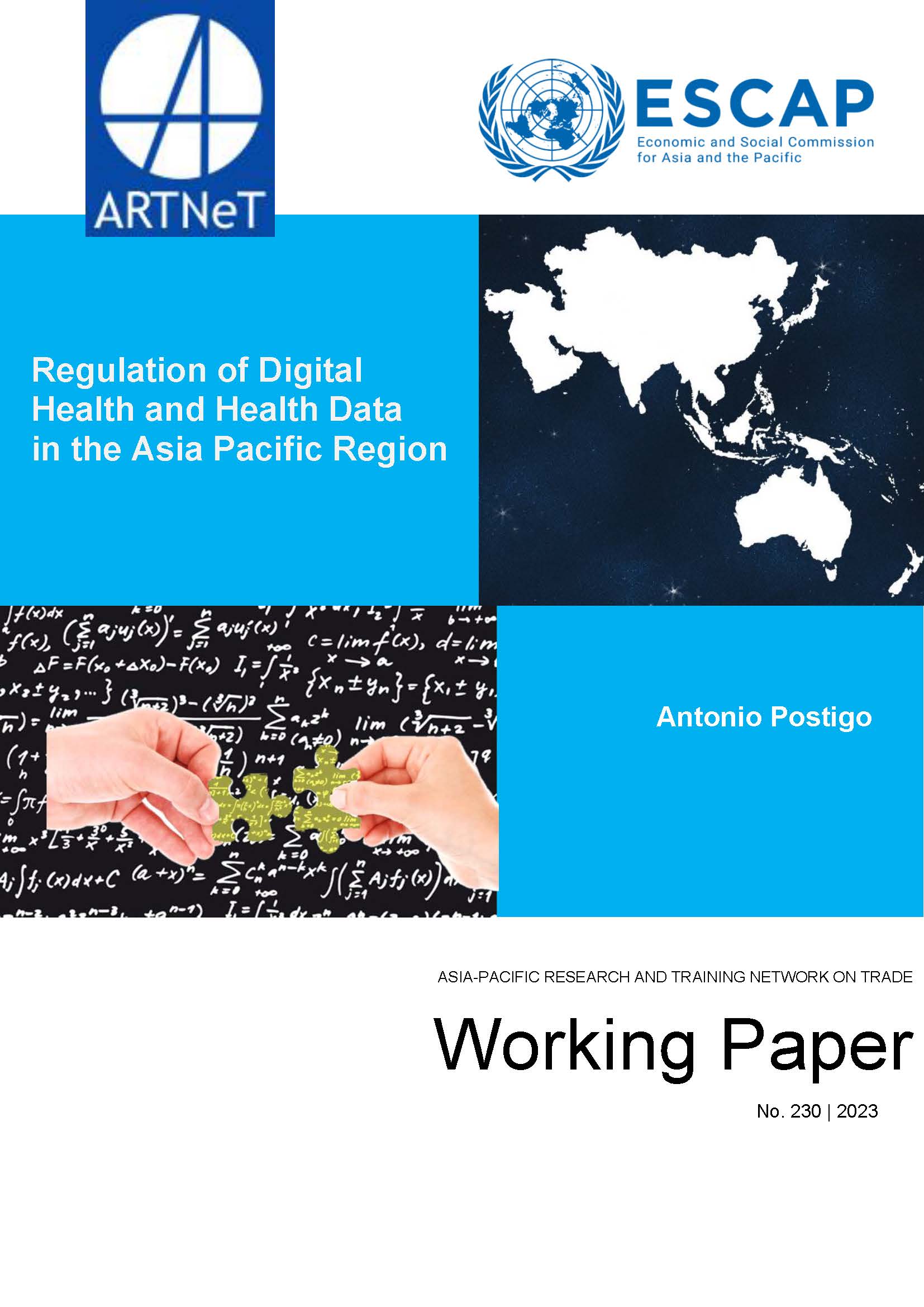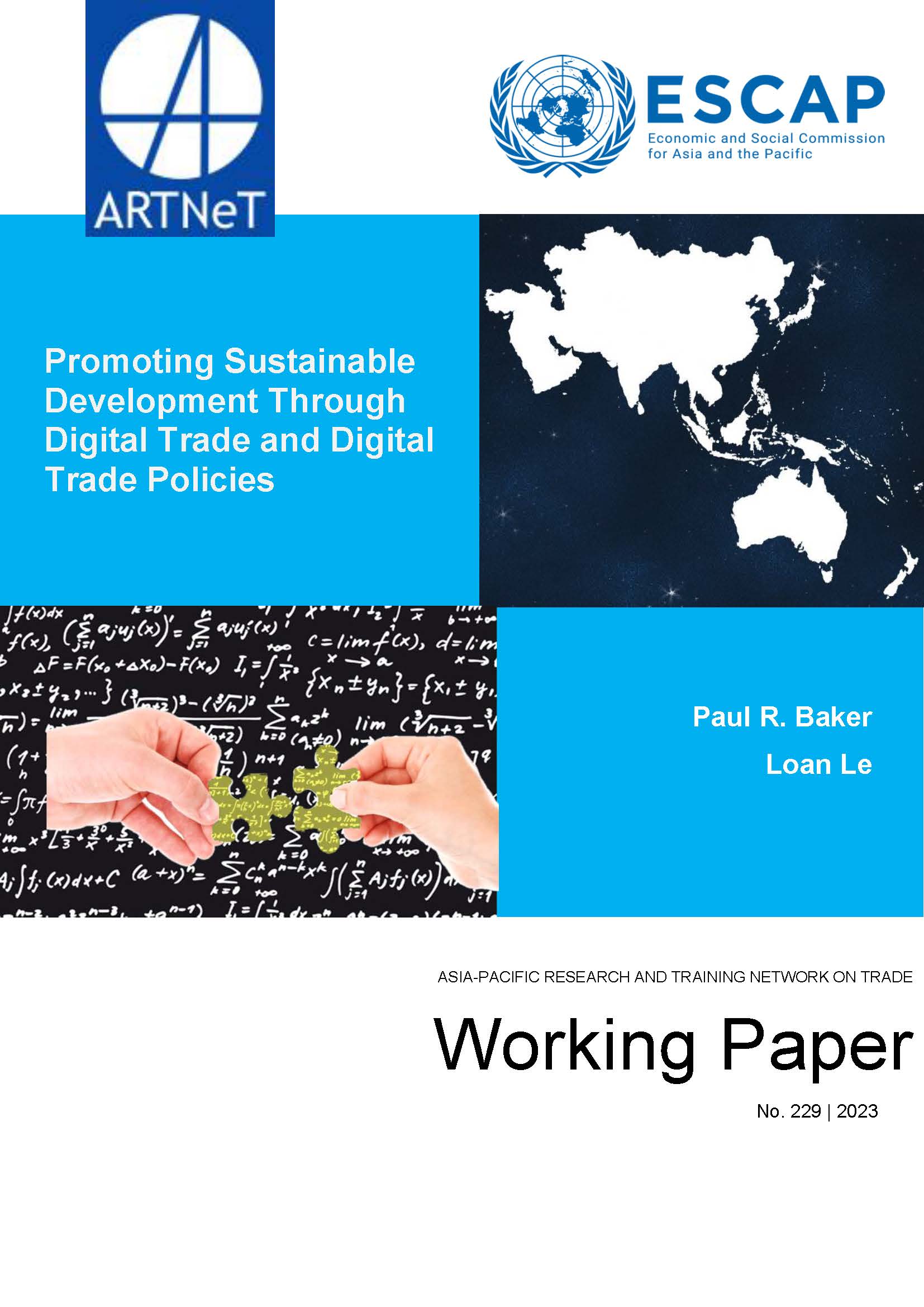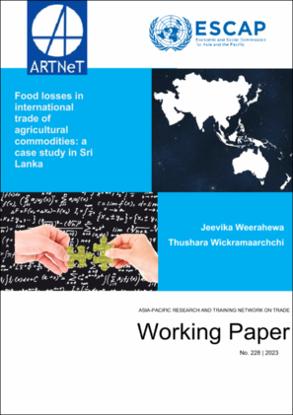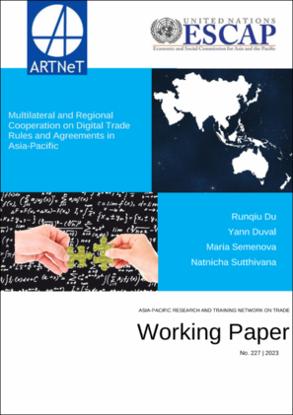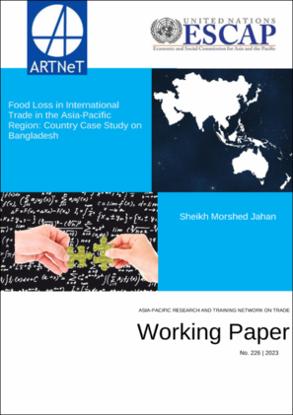India’s FTA with the EU: opportunities and challenges in services sector
Trade in services has been of special interest to both India and the EU as services are a major contributor to GDP and trade flows in the two economies. Steadily rising services trade between India and the EU is, however, characterized by certain peculiarities, which are worth noticing. These include differences across sub-sectors, trading partners, modes of trade and regulatory barriers. These make it worth exploring the potential costs and benefits of increasing trade flows through trade agreements even further while also diversifying the sub-sectors and the destination countries.


